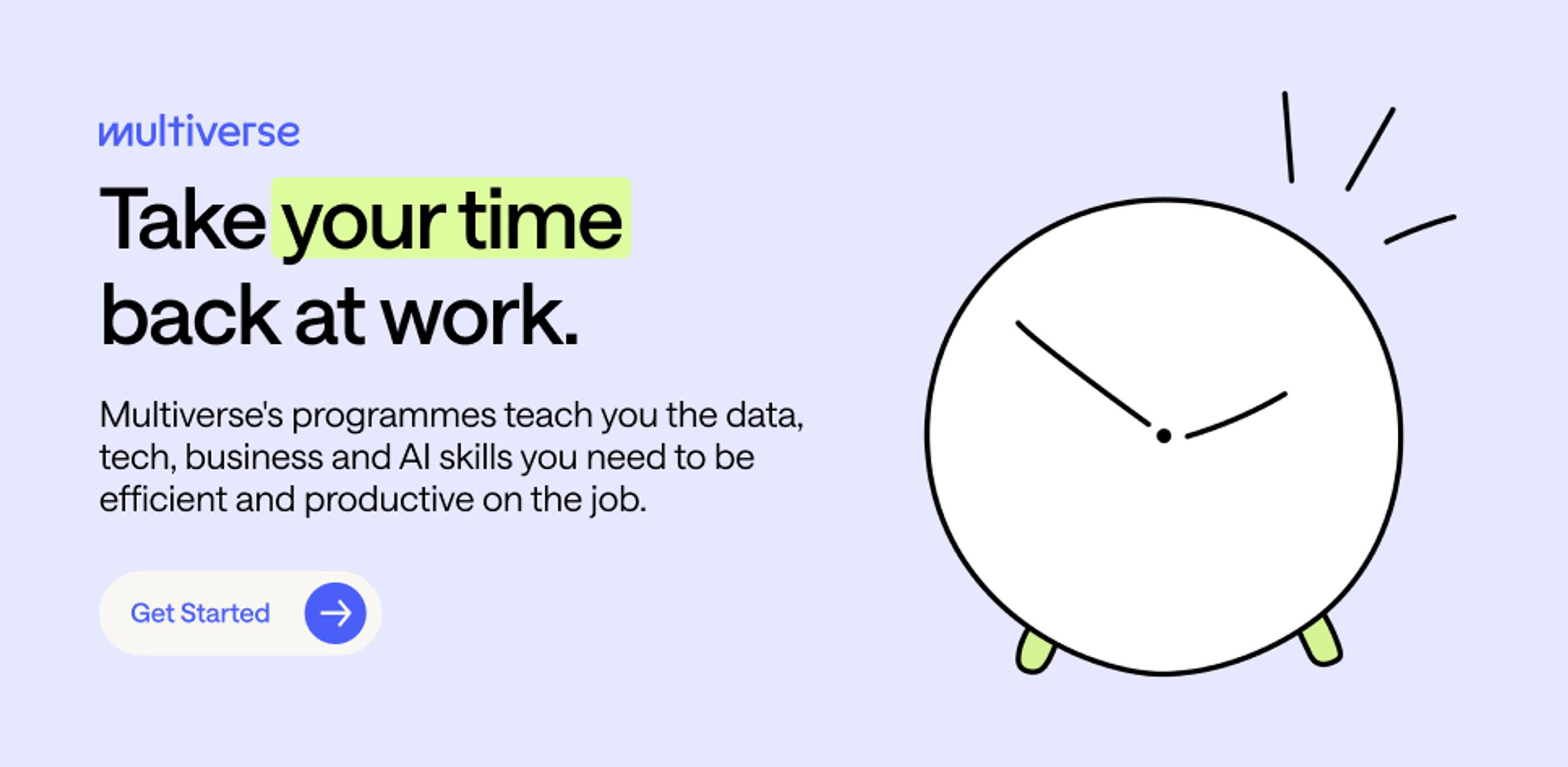Contents
You may be deciding between a career as a Data Engineer vs. Software Engineer. Both positions can offer lucrative salaries but have different job responsibilities, skills, and areas of expertise. We'll lay out the differences between these roles to help you decide which career path is right.
What does a Software Engineer do?
Software Engineers design and maintain computer programs, mobile applications, and operating systems. They take a high-level approach by planning and overseeing all aspects of software development, from design to upgrades. Typical duties of software engineers include writing code, evaluating customers’ software needs, debugging code, and updating systems.
What does a Data Engineer do?
Data Engineers build data infrastructure and develop systems to gather, store, and retrieve information. They manage the systems that collect and transform raw data into organized information that Data Scientists and Analysts use to gain insights.
Examples of everyday Data Engineer responsibilities include constructing databases, processing big data, and improving data accuracy.
What’s the difference between Data Engineers vs. Software Engineers?
The main difference between a Data Engineer vs. a Software Engineer is their area of expertise. A Data Engineer may have software development experience, but they specialize in software for data. A Software Engineer may work on many projects that don’t require data expertise.
Software Engineers build and modify programs, systems, and websites. They often collaborate with designers, programmers, and stakeholders to create new products that address real-world issues. They’re also responsible for testing and updating software programs to improve the user experience.
Examples of projects Software Engineers might work on:
- Building an AI-powered chatbot for a mental health website to guide visitors to appropriate resources.
- Updating and writing code to improve features for a mobile payment application.
On the other hand, Data Engineers work with vast quantities of information. They create data structures to store, organize, and process this data. Data Engineers also safeguard information from data leaks and cybercrimes.
Real-world examples of data engineering projects include:
- Creating a data pipeline that detects fraud by collecting and processing millions of bank transactions for a financial institution.
- Managing secure databases, following security principles, and identifying cybersecurity incidents and responses for a healthcare organization.
Below is a more detailed breakdown of the differences between Data Engineers vs. Software Engineers.
Data Engineer vs. Software Engineer job responsibilities
Data Engineers and Software Engineers work with technology, but their daily responsibilities differ. One role may be more attractive depending on your personal goals and interests.
Data Engineer responsibilities
- Concentrate on data management and the transformation of raw data into interpretable information
- Build data infrastructure, pipelines, systems, and tools
- Create accurate and accessible datasets that Data Analysts, Data Scientists, and executives interpret and use to improve the organization
- Maintain and test data architectures and systems
- Develop algorithms and data analysis tools to detect patterns and trends
- Collaborate with business analysts, database administrators, data managers, data scientists, and project managers
- Keep the organization’s databases safe from cyber threats and eliminate vulnerabilities in data systems
- Know how to use SQL for databases
- Standard tools include data ingestion systems (Kafka), cloud database services (Oracle, AWS, Azure), and visualization software (Tableau and Power BI)
Software Engineer responsibilities
- Specialize in designing and evaluating software applications
- Build computer programs, mobile applications, platforms, and websites
- Detect and repair software defects
- Write code and help software run more efficiently
- Frequently collaborate with coders, data scientists, designers, programmers, and project managers
- Create secure and functional software
- Use tools like cloud computing services (Amazon Web Services), debuggers (Chrome DevTools), code editors (Visual Studio), and programming frameworks (Django, Node.js, Angular, etc.)
What skills do Data Engineers need vs. Software Engineers?
Data Engineers and Software Engineers have some overlapping skills. For example, both roles may require an understanding of programming languages like Java and Python.
However, they often use different approaches and abilities to complete tasks. Here are a few essential skills for each career path.
Software Engineer Skills
- Computer programming and coding - Software Engineers need to know various programming languages. The programming languages you need to learn will depend on your job title. For example, Frontend Engineers need to know a minimum of HTML, JavaScript, and CSS.
- Agile project management - Project management frameworks like Scrum help Software Engineers collaborate efficiently with project management teams.
- Testing and debugging - Writing brand-new code is only a small part of a Software Engineer’s job. They also need to be able to find and fix bugs or errors to ensure that the software runs smoothly.
- Source Control Management (SCM) - With SCM, software engineers can work independently on a project’s code and merge their changes into one shared version. An SCM can create a list of changes, making identifying errors easier after each update. Many Software Engineers use Git SCM(opens new window).
Data Engineer Skills
- Data science - Data engineers need a deep understanding of data science to help data analysts transform information into valuable insights.
- Data visualization - Tools like Excel and PowerBI help Data Engineers clean and visualize datasets, so businesses understand them.
- Structured Query Language (SQL) - This is the programming language of data. Data Engineers must know SQL to communicate with databases and organize information.
Job outlook for data and software engineering
Data and software engineering roles are in high demand. The U.S. Bureau of Labor Statistics anticipates demand for Data Engineers will increase by 9% between 2021 and 2031. It expects openings for Software Engineers to grow by 25%.
In a tech jobs report, the roles that had the most growth(opens new window) from 2021 to 2022 were:
- Backend Software Engineers (337% growth)
- Data Engineers (305%)
- Data Science Managers (202%)
- Python Software Engineers (183%)
Which career is right for you—Data Engineer vs. Software Engineer?
Your professional goals and interests can help determine whether data engineering or software engineering is the right choice.
Each role works with innovative technology and tools. These in-demand careers also have median salaries starting around $100,000. It’s possible to earn a lucrative income with either option.
Data engineering is the way to go if you want to focus more on working with big data than building software. You’ll collaborate with Data Scientists, Business Analysts, and Software Engineers.
For instance, you could scrape information from Twitter to help your organization learn about trending products or aggregate customer demographic information. With your assistance, businesses can use data to tell compelling stories about their brand and make crucial decisions.
A career in software engineering could be a better fit if you want to help create and maintain products for users. For example, you could develop a new mobile application to help people with diabetes monitor their insulin or create scheduling software for medical facilities. As a Software Engineer, you can contribute to every stage of a software system’s lifecycle, including development, testing, and updates.



